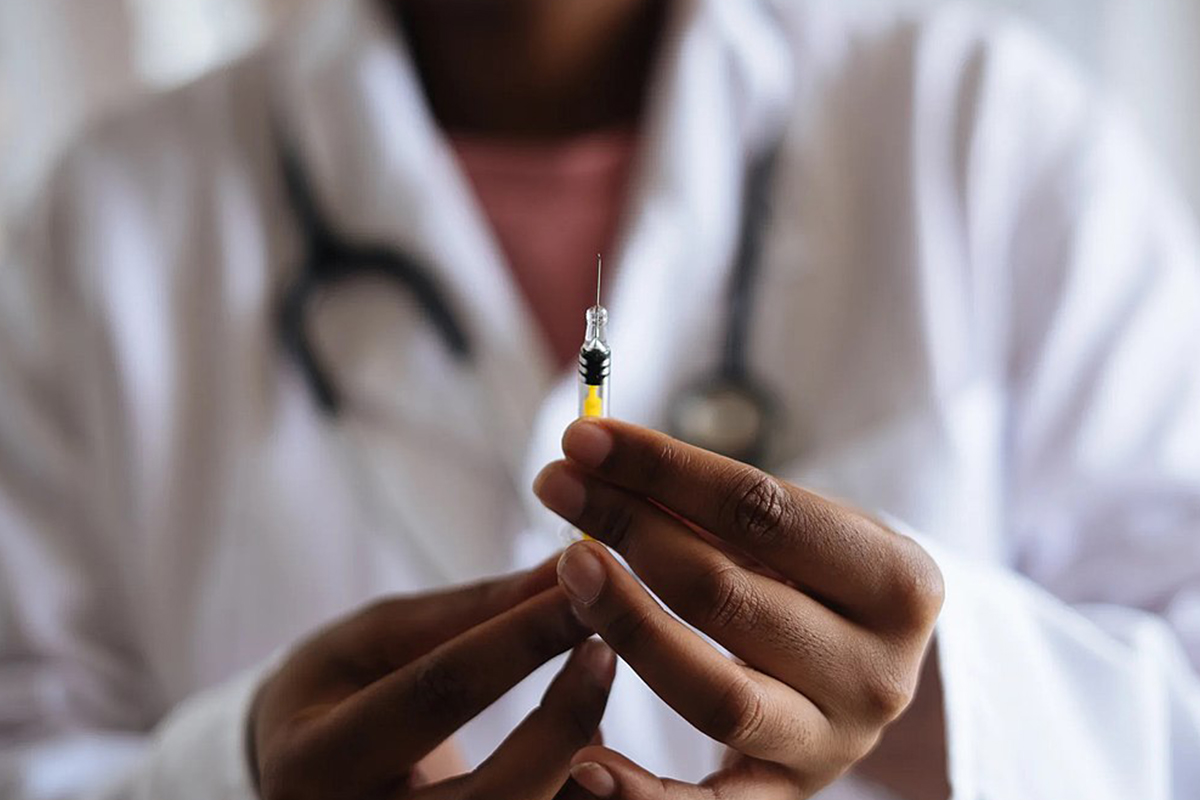Following news on April 14 that a bill requiring student vaccinations against COVID-19 has been shelved, the California Department of Public Health (CDPH) announced that evening that it will postpone the regulatory process used to require COVID vaccinations for public and private school attendance.
The requirement, which was expected to go into effect for the 2022–23 school year on July 1, 2022, will not be implemented until after full federal Food and Drug Administration approval and no sooner than July 1, 2023. The department’s decision takes into consideration that full approval for the vaccine for individuals of all ages within the 7–12 grade span has not yet been granted by the FDA.
The decision also reflects concerns raised by CSBA in February that CDPH was considering adopting the requirement through the emergency regulation process, rather than the full regulation adoption process that allows for public input. CSBA also raised concerns that a mid-year implementation, if full authorization was granted too late for schools to put in place for the fall 2022 semester, would pose significant challenges for schools.
The April 14’s announcement recognizes these and other concerns and confirms that the requirement will not go into effect earlier than July 1, 2023.
Read CDPH’s full statement here.
Senate Bill 871 shelved
Sen. Richard Pan (D-Sacramento) has announced that Senate Bill 871, legislation that would have required students attending public or private school in person to be vaccinated against COVID-19 and removed the personal belief exemption for vaccines added to the required list for students by the California Department of Public Health regulatory process, will not be moving forward this year. CSBA took a neutral position on SB 871.
In a statement, Sen. Pan wrote, “Until children’s access to COVID vaccination is greatly improved, I believe that a state-wide policy to require COVID vaccination in schools is not the immediate priority, although it is an appropriate safety policy for many school districts in communities with good vaccine access.”
Read the full statement here.




